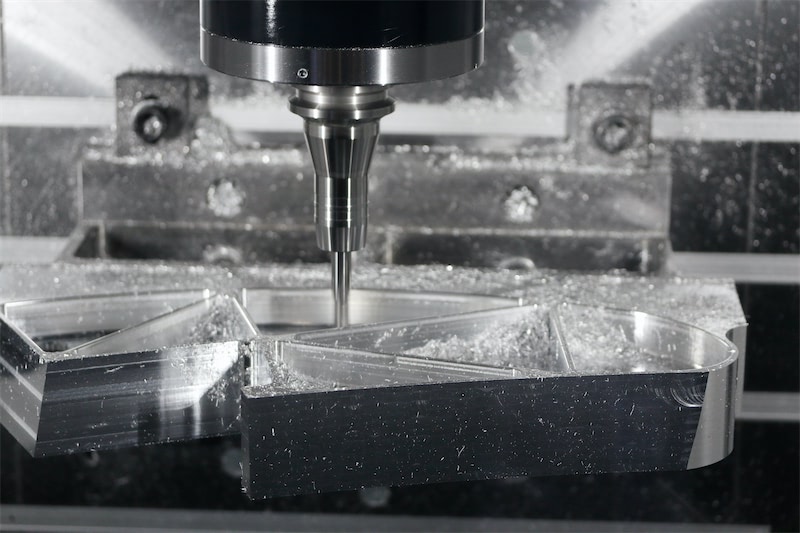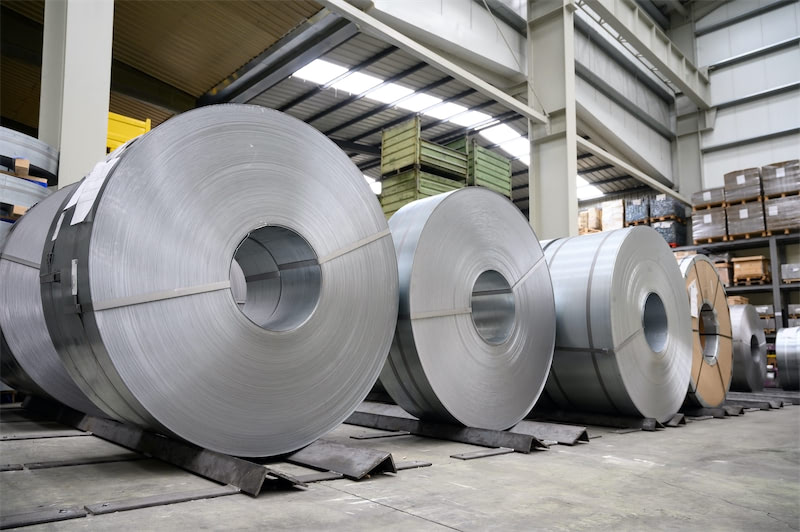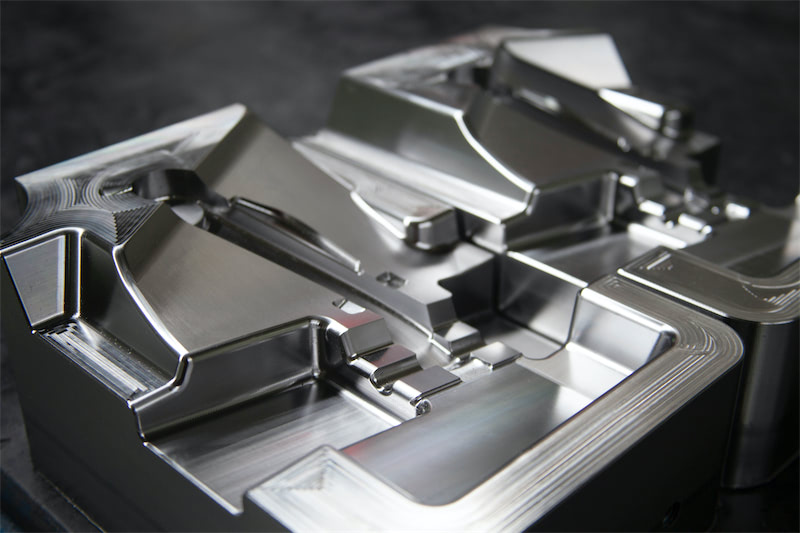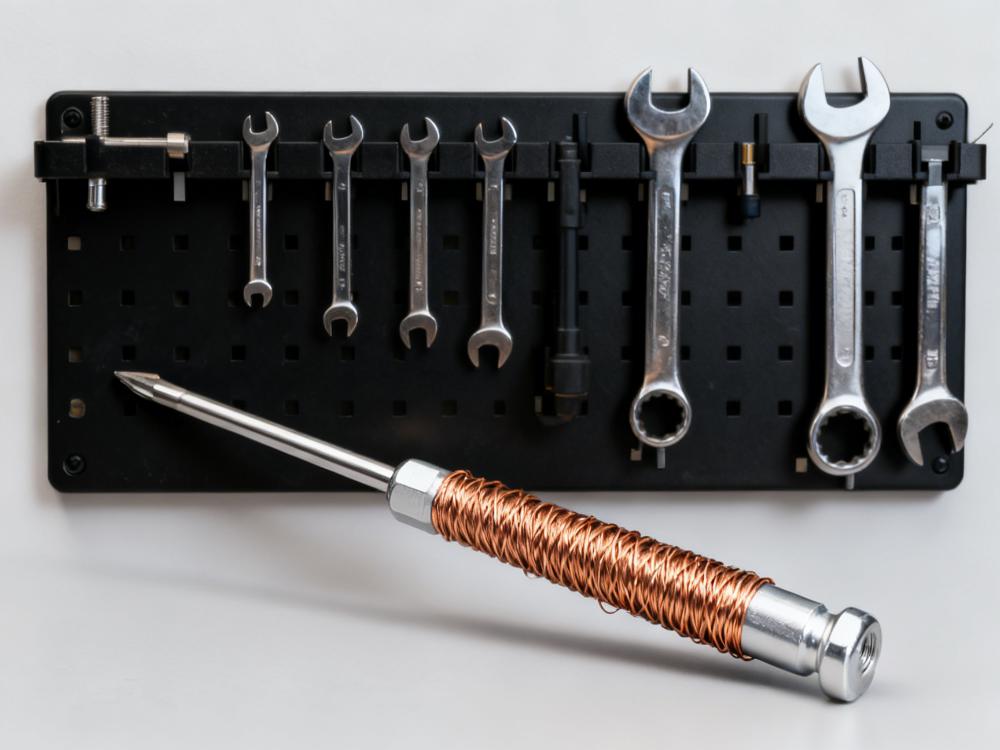JAKARTA, November 2025 - The Ministry of Industry (Kemenperin) has formally proposed extending the Harga Gas Bumi Tertentu (HGBT) scheme priced at USD 6–7 per MMBTU to the aluminum industry. Currently, the subsidized rate is limited to seven sectors: fertilizer, petrochemical, oleochemical, steel, ceramic, glass, and rubber gloves.
Yosef Danianta Kurniawan, Head of the Non-Ferrous Metal Industry Working Team, stated at the Media Gathering Forwin 2025 on 14 November 2025 that natural gas serves a critical dual role in aluminum production: as an energy source and as feedstock for carbon anode manufacturing.
Strategic Alignment with Current Global and Domestic Dynamics
- China’s effective prohibition on overseas coal-fired power financing
- Following the 2021 pledge which China will not finance any new coal-fired power plants abroad, severely restricting financing for captive coal plants in new industrial projects.
- Clear cost advantage of gas-fired generation in Indonesia
- Combined-cycle gas turbine (PLTGU) plants generate electricity at a cheaper price versus coal-fired (PLTU) facilities, benefiting from higher efficiency.
| Facility Type | Energy Share |
Current Gas Price (USD / MMBTU) |
HGBT Price (USD / MMBTU) |
| Alumina Refinery | ~20 - 25% of total cost | 12 - 14 | 6 - 7 |
| Aluminum Smelter | ~35 - 40% of total cost | 12 - 14 | 6 - 7 |
Note: The following table only represents gas as electricity feedstock.
Value-Chain Benefits
Primary Aluminum Smelting
- Enhanced competitiveness against imported aluminum.
- Removes the final hurdle for Chinese investors restricted from financing overseas coal plants, enabling new gas-based smelters.
Alumina Refining
- Increased domestic demand for smelter-grade alumina as smelters become more profitable and expand capacity.
- Strengthens enforcement of the Domestic Market Obligation (DMO), reducing SGA exports while cutting alumina imports.
Bauxite Mining & Washing
- Reliable local offtake for washed bauxite ore (WBA) with predictable, growing volumes.
- Provides long-term supply security and bankability for upstream investments.
Implementation Considerations
- Inclusion of a new sector requires amendment of the relevant ministerial decree and inter-ministerial coordination.
- Fast-track captive PLTGU permitting in industrial parks is essential to unlock the full cost advantage of 100 % gas-supported designs.
Strategic Conclusion
- HGBT at USD 6–7 / MMBTU is one of the most effective de-risking and acceleration instrument for Indonesia’s bauxite-to-aluminum downstreaming program.
- Aligns perfectly with China’s overseas coal financing ban, PLTGU’s inherent cost advantage, and the existing USD 15–20 billion investment pipeline.
- Transforms a modest cost relief into a potential competitive advantage for fully gas-integrated facilities positioning Indonesia as one of the world’s lowest-cost primary aluminum producers.
The Ministry of Industry (Kemenperin) and industry stakeholders seems to be cautiously optimistic that under-utilized quotas can be redirected to the aluminum sector. Further, HGBT eligibility at USD 6–7 per MMBTU, combined with expedited captive PLTGU permitting, would serve as the decisive catalyst to accelerate the next phase of multi-billion-dollar investments which could firmly establish Indonesia as one of the world’s most cost-competitive integrated aluminum hubs outside the Middle East.



